Community in the Country – HTW Master’s Students weigh in
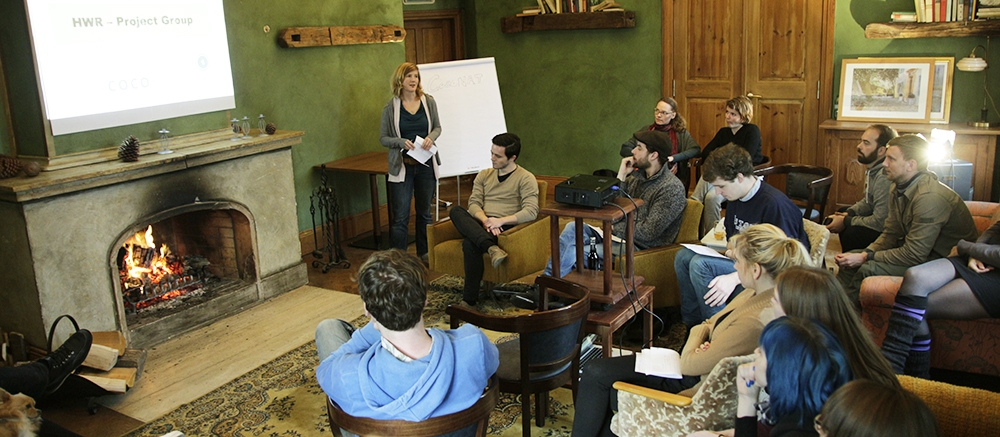
by Julianne Becker
For 6 weeks I worked with a group of students who all share a passionate vision of working together to leave this world better than the way we found it. I had the privilege of harnessing this energy to focus it on the social ambitions of Coconat.
We dove head first into the world of social enterprise, with speakers from Imagine Cargo and Fahrwerk Kurierkollektiv, Wikimedia, Solidrinks, and non-profit working on various projects related to the Economy for Common Good.
The goal of all of this was to push forward with the social goals of Coconat. To use our sustainable business as a Launchpad for engaging the rural community in which we would be operating. We developed ways to engage the people who would be our neighbors.
What was great is that we all agreed that the best way to develop any project was to do it with the community we would be working with. They worked for 4 weeks on the ideas for engaging the elders and the youth of the community, finding ways for those groups to work together, but always with the caveat that ‘we need to talk with them about what THEY want’ before making any concrete plans though.
Really looking forward to presenting the ideas they came up with, and refining and reworking them with the community of Klein Glien and the greater Bad Belzig area. The final ideas included creating an informal social space – opening up the café/bar, sharing ideas – sharing knowledge, skills, cars, and equipment, and a community theatre project.
We’ll keep you updated about which of these will be fully realized with our new neighbors!
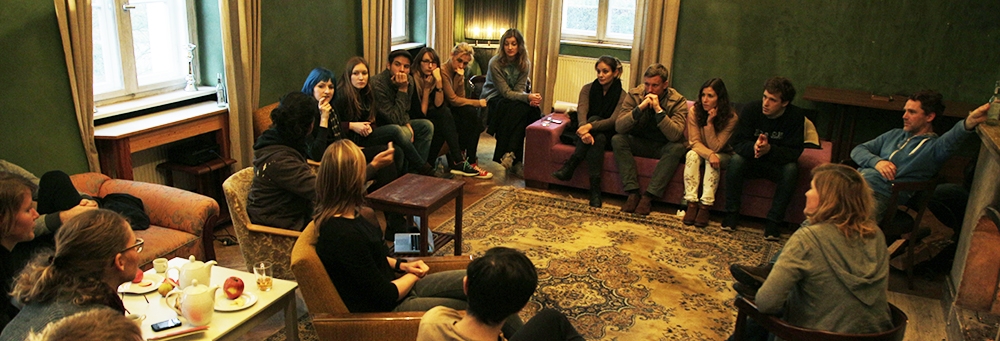
Coconat restarts: first workshop at Klein Glien
post by Joel Dullroy

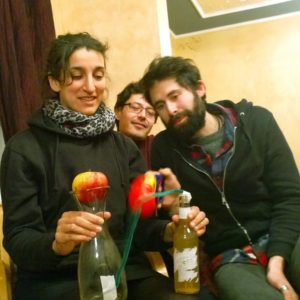

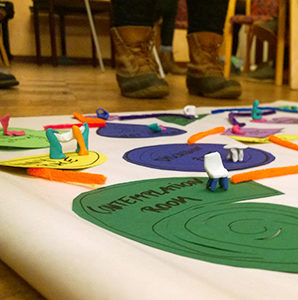
During the workshop, locals expressed excitement about the hotel and restaurant returning to life after so many years of inactivity. Already the district fire brigade uses a small building on the property as its base. Local farmers have expressed interest in selling produce through Coconat.

Stadt, Land, Work – Berlin & Brandenburg
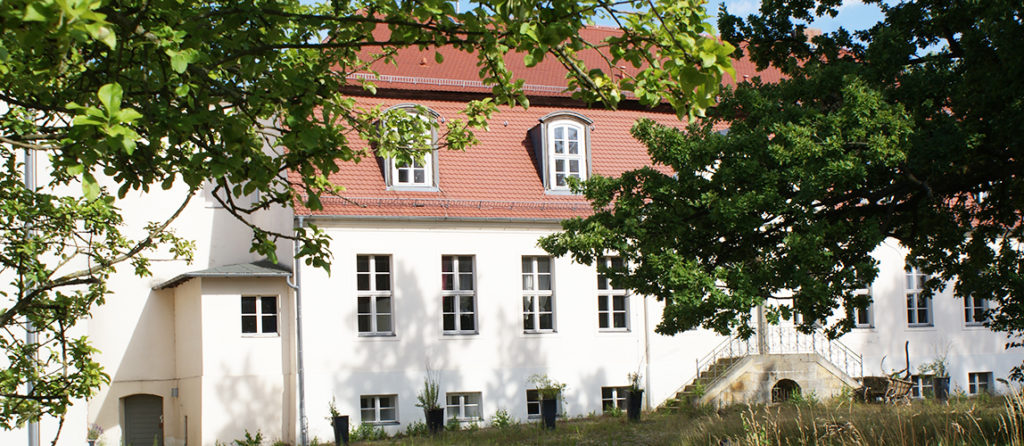
Coconat is back! Updates about our exciting project – get involved!
At the last meetup the Coconat team presented our project, but we hadn’t found a (new) home yet. That has changed and we would love to share the latest news about the Coconat project with you.
Szimpla
Gärtner Str. 15
7PM-9PM
The main topics are:
• presentation of the new location
• current projects in the works
• Volunteers, Supporters, Members – what can you imagine doing at Coconat?
• Looking for helping hands and part-time Coconats
• Hear your ideas about this creative spot in the countryside
We’ll be meeting at a cozy Berlin location in Friedrichsain, Craft-Beer Bar Szimpla at Boxhagenerplatz. Hope to see you there!
Let us know if you are coming!
–As we expect a diverse group of interested people the meetup will be in English. —
Next Stop: Countryside! How Freelancers & Coworking revive the rural areas
Millions of experienced entrepreneurs, freelancers and startups are able to work remotely at any time and any place. They can work completely location independent. Tools, portable devices, and accessible air travel are enabling a life with just a backpack. Nine to five and cubicles have been replaced by cloud platforms and coworking spaces. We love to share our experience, projects and valuable insights about workation and how to be able to work from the countryside. Come and talk with us!
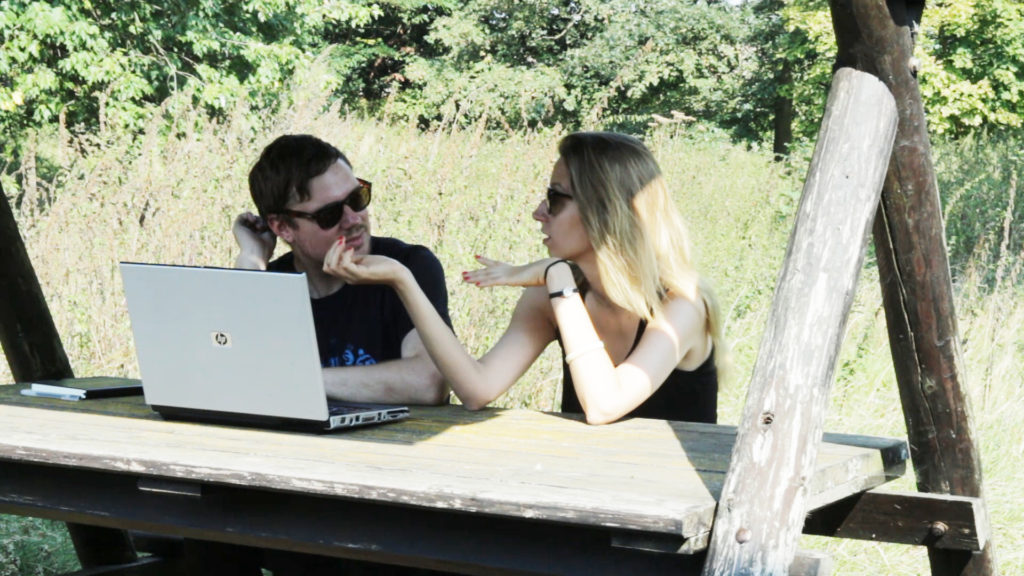
This event’s focus is Inspiration. Event has No entrance fee and no RSVP [ Entrance fee: 0 € ] and it will be held at welance, Berlin, Germany.
How Work Works | European Creative Hubs forum in Belgrade
Coconat is very honored to be a delegate at the How Work Works – European Creative Hubs forum in Belgrade.
Press Release, and all visual elements from the organizers:
9 September 2016, Belgrade-Brussels
Nova Iskra and the consortium partners of the European Creative Hubs Network project announce a three-day international forum titled “How Work Works”, from 22 to 24 September, in Belgrade. The event will gather about 100 hub organisations from across Europe, Serbia and the region. The rich program will also host lectures from some of the leading educational organisations from the field of creativity – Fabrica from Italy and Hyper Island from Sweden.
The international forum How Work Works is part of the European Creative Hubs Network project initiated by the British Council, in which Nova Iskra participates together with partners from Greece (Bios), Spain (Factoria Cultural), Germany (betahaus), the United Kingdom (Creative Edinburgh), Belgium (EBN) and Portugal (ADDICT). More than 150 delegates, hub leaders and a number of European and regional stakeholders will come together in Belgrade, during the first of three planned fora, in order to map the European eco-system of hubs active in the fields of culture and creativity, education, and entrepreneurship, and support their networking, knowledge exchange and capacity building.
The main part of the forum program will be held on the 23rd and 24th of September at the Yugoslav Film Archives, and will showcase keynote lectures, study cases, panel discussions, networking activities and several side events. The three main sessions are dedicated to the questions of space, community and business models of creative hubs. As a part of each session, three organisations will be presented, and then take part in a short panel discussion. The program will also host a lecture by professor Jovan Čekić (Faculty of Media & Communications Belgrade), while theatre director Paul Bourne (Cambridge Business School) will guide the participants through an interactive action that explores the nature of networking, communication and creative thinking. Those present at the opening will be addressed by Michael Davenport, Ambassador of the Delegation of the EU to Serbia.

The conference will be attended by managers of some of Europe’s leading creative hubs from more than 25 countries, including betahaus (Berlin & Sofia), Waag Society (Amsterdam), Taktal (Glasgow), Creative Edinburgh (Edinburgh), Factoria Cultural (Madrid), Sektor5 (Vienna), Todos (Lisboa), Cable Factory (Helsinki), Stpln (Malmö), The Roco (Sheffield), The Trampery (London), La Vallée (Brussels), Bios/Romantso (Athens), Republikken (Copenhagen), Poligon, Roglab (Ljubljana), MOB makerspace (Barcelona), Atölye Labs (Istanbul), The Fusebox (Brighton), Frappant (Hamburg), Design Terminal (Budapest) as well as numerous others, including all relevant local and regional initiatives.
Through its central theme and question – How work works – the forum will investigate the shifting paradigm of work as seen through the prism of creative hubs, bearing in mind that these organisations have a key role in supporting young entrepreneurs and creative people across the continent and the development of local creative industries. A special publication produced for the occasion – How Work Works: An inventory of effects – will be presented at the conference. It gathers seven critical texts dealing with the ongoing changes in the field of labour, by authors from Serbia, United Kingdom and United States, including visual contributions by the Belgrade-based artist Dušan Rajić.
The conference is closed for the public, but interested audience will have a chance to follow the soft opening of the conference on Thursday, 22 September at 7 PM at Bitef theatre. On this occasion, two lectures will be held by the representatives of Europe’s leading educational platforms from the field of creativity – Fabrica (www.fabrica.it ) and Hyperisland (www.hyperisland.com).
Sam Baron, creative director of Fabrica (“the communication research centre” that was founded in 1994 by the Benetton group and housed in an impressive complex that was designed by the renowned architect Tadao Ando) will address the methodology and the number of outstanding and award-winning projects realised at this leading European centre for design. Jon Barnes from Hyperisland, on the other hand, will dedicate his lecture Organisational Evolution to the modern organisations and innovative strategies for their development and survival in the light of great social and economic changes.
The European Creative Hubs Network project is co-funded by the European Commission, while the How Work Works forum is realised with the support of Ministry of Culture and Media of Republic of Serbia and other local partners.


 Share on Facebook
Share on Facebook Share on Twitter
Share on Twitter